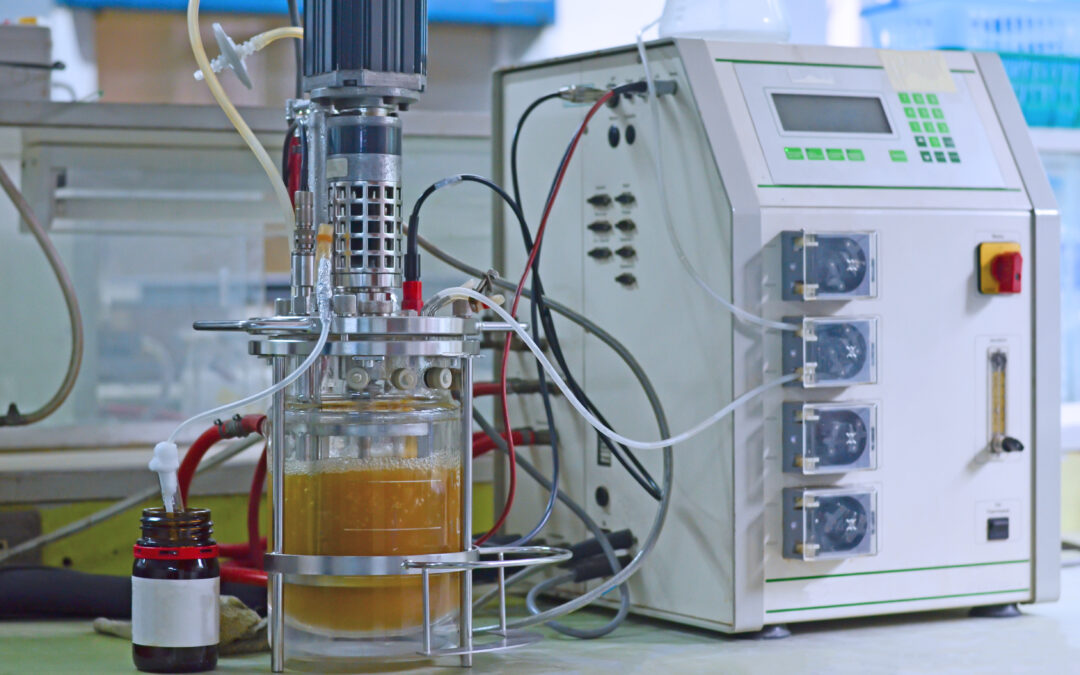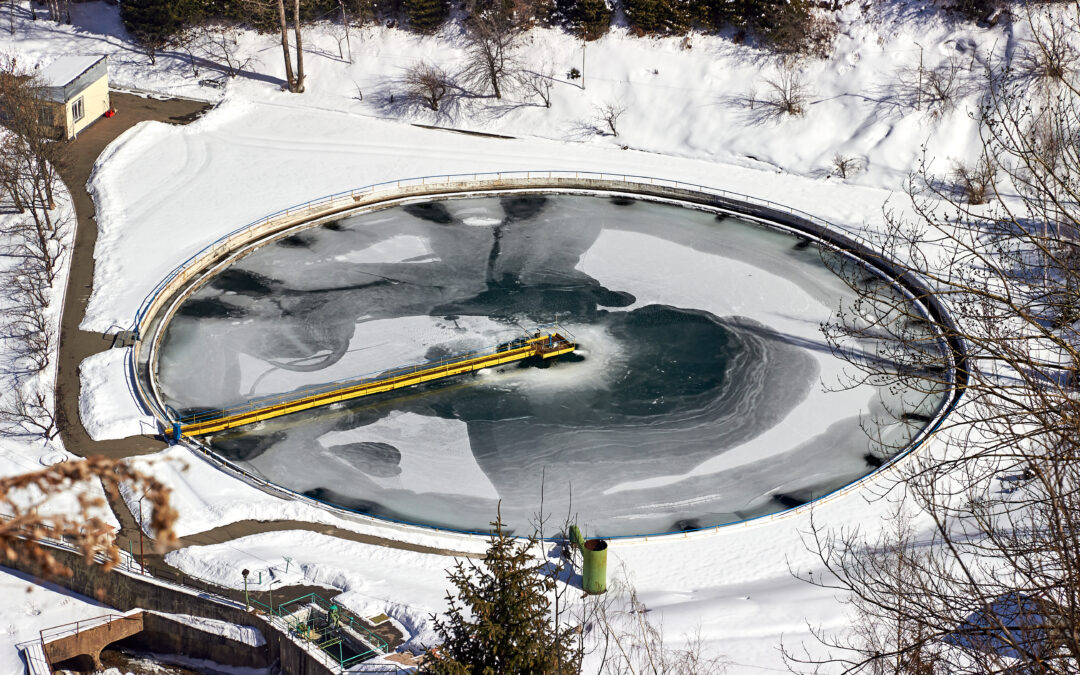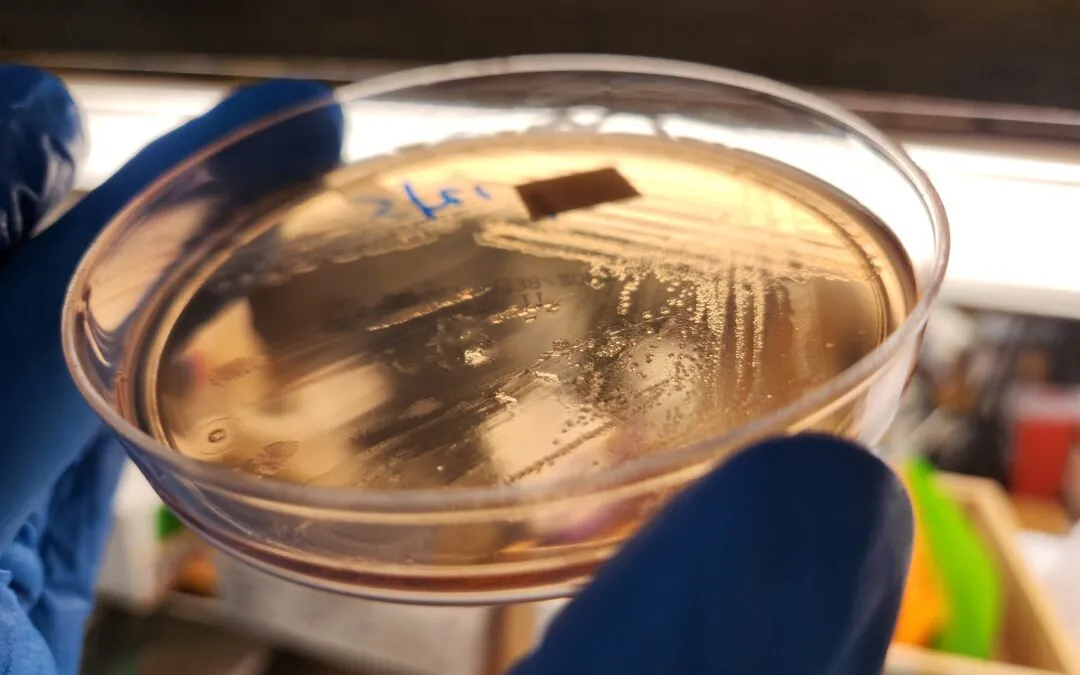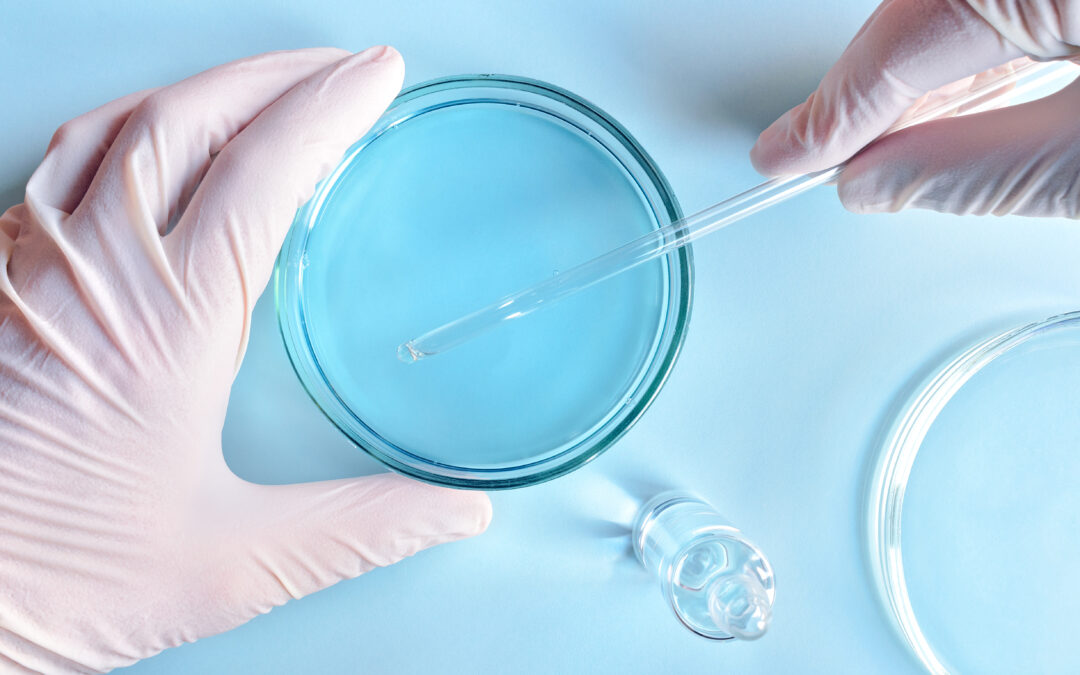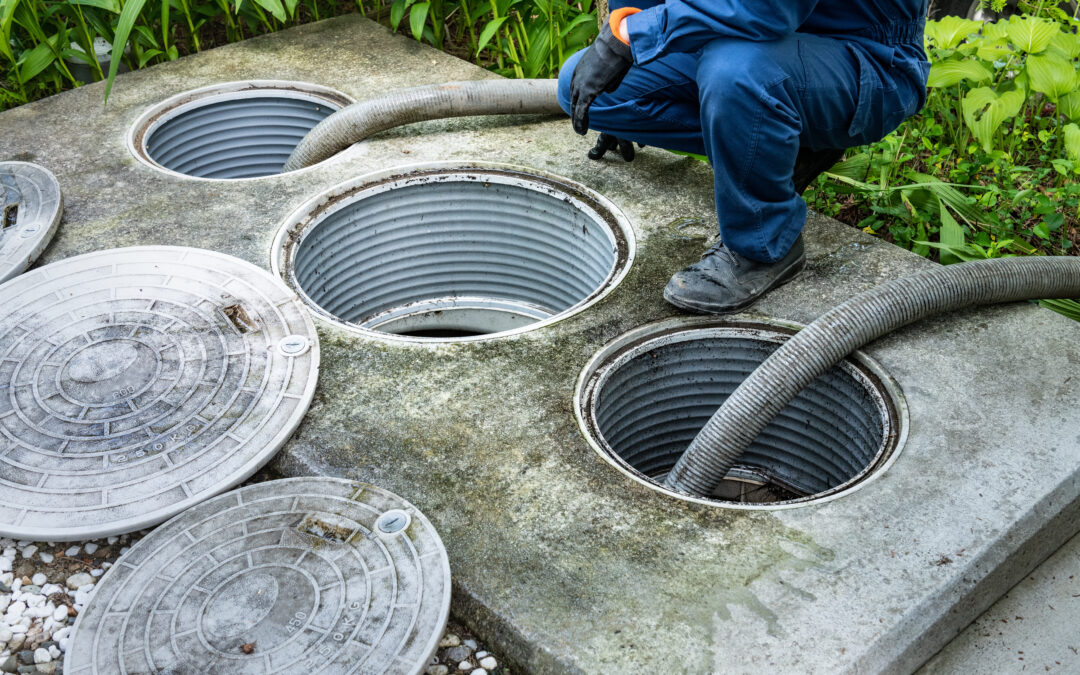As cleaning continues to trend upwards, it’s important to understand all the terminology and options in the Industrial and Institutional industry. The term “bio-enzymatic cleaner” is one you’ll come across often, but depending on which customer is requesting it, they may be requiring something different than the next.
Here at MDG, we describe bio-enzymatic cleaners as cleaners that use some form of biology to aid in the cleaning or removal of organic material. While many companies may have a similar definition, there is a lack of understanding around the different types of biology used as well as the differing benefits. Many bio-enzymatic cleaners contain either enzymes or bacterial culture which produce enzymes. Both biological ingredients can be used independently or in combination to break down soils, grease, food, or other materials.
At MDG, we make biological concentrates for manufacturing companies who then formulate and label bio-enzymatic cleaning products. Each partner of ours is unique in application, business needs, and definitions of success. Depending on the customer, our recommended biological additives changes.
The table below highlights some of the main differences between biological additive options:
| Ingredient | |||
| Enzymes | Bacillus Bacteria | Enzyme + Bacillus Combination | |
| Definition | Enzymes are non-living proteins produced by organisms such as bacteria, fungi, plants, and higher life forms. | Bacteria are diverse organisms that are abundant in nature. Bacillus comprise a genus of bacteria capable of producing a wide range of active metabolites. | Using both enzymes and Bacillus as ingredients in a product formulation. |
| Speed | Rapid, immediate.
When the right enzyme is used, they work fast to break down substrates. This feature makes them great for demos and drain openers. |
Gradual start but continues working after initial treatment. Begins working in hours but continues working long after first use. | Initial, rapid effect from the enzymes paired with ongoing treatment from the Bacillus. |
| Specificity | Very specific.
Enzymes work on specific substrates. If the enzyme is not a match for the substrate, there is no effect. Enzymes also tend to work in a limited range of pH or temperature. |
Broad range of activity.
Bacillus can produce hundreds of different enzymes, making them a popular choice for multipurpose applications. Multi-strain bacteria combinations will tend to produce an array of enzymes that work at different temperatures and pH. |
With the proper enzymes added the combination can be used for demos and the, specificity of certain enzymes will break up biofilms, while bacteria provide broader range enzyme production and activity. |
| Effectiveness (consumption of food or odor source) | Enzymes only perform the initial breakdown and are unable to consume the food or odor-causing material. | The bacteria consider the substrate as food. They will produce enzymes to breakdown the food but then consume the substrate. | Enzymes provide an initial breakdown that sometimes makes the substrate easier to consume by the Bacillus bacteria. |
| Expense | Since enzymes are non-living and cannot continue to grow, you must add more to continue treatment. Liquid enzyme stabilization formulas tend to be more expensive than bacteria-only stabilization formulas. | Bacillus can be a lower-cost treatment option due to their ability to grow and multiply to a higher concentration. Stable-bacteria formulations are less expensive compared to stable-enzyme formulations. | Combination products are typically a higher cost option but provides enhanced activity and marketability. |
| Stability | Enzymes tend to be less stable and drop in activity over time. | Bacillus has longer-term stability compared to other types of bacteria due to its ability to form spores. | The combination offers rapid activity and long-term shelf life and activity. |
| Safety | Many people are allergic to enzymes in high concentrations, so they tend to be used in drain applications but not on human contact surfaces. | Depending on species, Bacillus tends to be considered SAFE. | Enzymes can be an allergen, practice the same considerations for combination products. |
Enzymes, Bacillus, and a combination all provide different advantages and sometimes disadvantages. Formulations should consider customer application, speed of activity, specificity, breakdown vs. consumption, stability, and safety preferences. It’s essential to work with a partner that understands which of the three biological additives will offer the best solution for your customers.
MDG offers support to help our partners choose the right concentration of ingredients. Contact us today for trusted formulation guidance.
